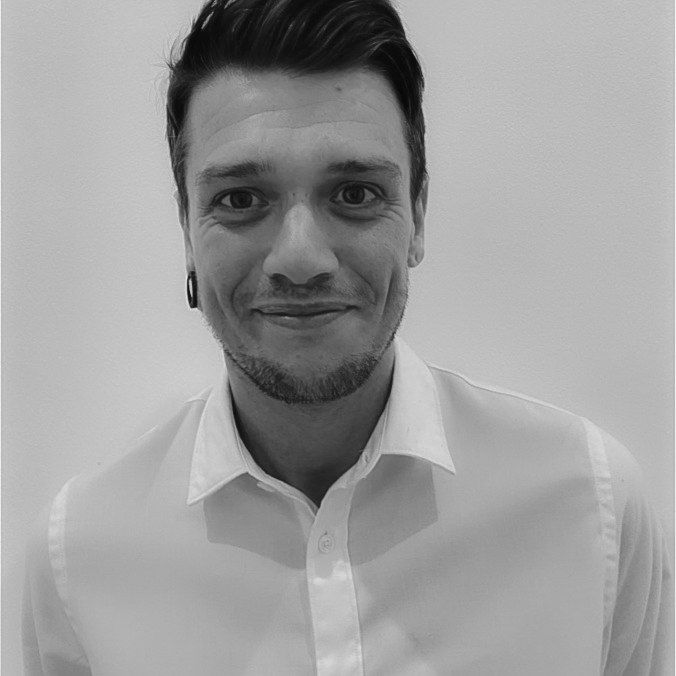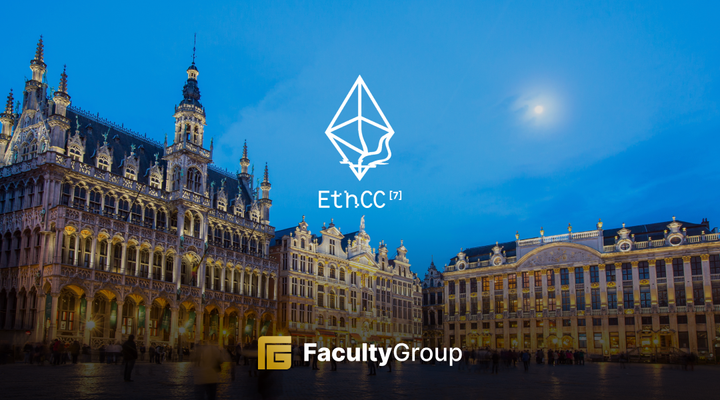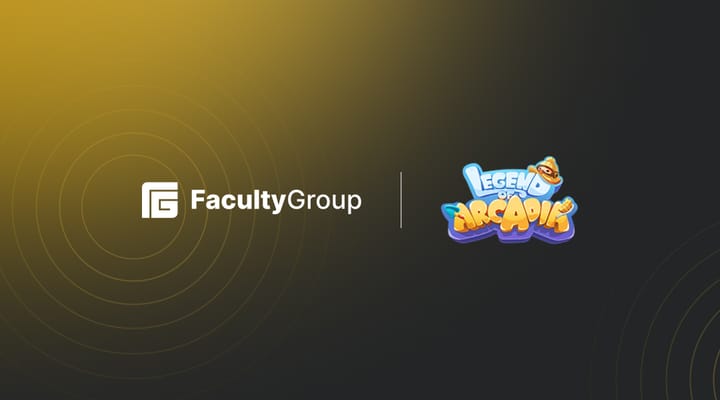Worldcoin: Not the Path to Attain Proof-of-Personhood

The makers of a successful generative AI are developing an intrusive system for countering the very problem the former perpetuates. Irony much?
Worldcoin – a crypto project by OpenAI CEO Sam Altman – has greatly polarized the Web3 community. At its core, Worldcoin uses Proof-of-Personhood (PoP), which is a mechanism that establishes an individual’s humanness and uniqueness. Proof-of-Personhood has never been more important, especially in the age of surveillance when identity – one of our most fundamental human rights – is under threat.
However, experts in the digital asset industry believe Worldcoin is not the way to achieve this goal.
Spotlight on Proof-of-Personhood
The native cryptocurrency of the ‘Tools for Humanity’ project was launched last month. The aim is to create “the world’s largest, most inclusive identity and financial public utility.” The privacy advocates in the digital assets industry are not impressed. In fact, certain observers are bullish on Proof-of-Personhood and view that there are many paths to achieving the same, and even though none of them are perfect, Worldcoin is still not the way to go about it.
Blockchain experts argue there are numerous safer means for proving you are human, making this process obsolete. There are many shortcomings of the Worldcoin verification model, including high centralisation since users can only be validated using official hardware built by Worldcoin, thereby limiting accessibility. The use of Zero-Knowledge technology ensures nobody can unencrypt user data but how much can it be trusted when it comes from a centralized source?
Another point of contention is the need to manufacture and disseminate the “Orbs” globally, which presents a scalability challenge and a potential security risk posed by malicious actors engaging in activities such as 3D printing replicated irises and hacking users’ phones to illicitly acquire their “keys”. While others believe there’s no foolproof way to eliminate fake identities and fraud, Worldcoin’s approach to leverage biometrics isn’t new, rather, very similar to how existing companies like Apple or Google already do identity verification today, using on-device biometrics.
Where does Worldcoin Fall Apart?
The lack of transparency on how the collected data will be utilized or who will be granted access to it, makes it difficult to assess the potential privacy risks of the project. The whole point of the Proof-of-Personhood structure is to keep personal details private, and this is where Worldcoin’s implementation falls down. The requirement to hand over incredibly private personal information to the company and rely on Worldcoin alone for identity verification is highly problematic.
Any implementation involving a company collecting large amounts of personal data contradicts the purpose of keeping this data out of the hands of unelected centralised entities and at its core is the opposite of decentralisation. This project does not grant personal sovereignty, but rather hands it over to Worldcoin. We should rely on the infrastructure that we already trust – infrastructure we vote on with legitimacy derived from the consent of the governed.
It is still important to understand that biometrics serve as a powerful means of confirming digital identity, but the first step towards achieving an ideal Proof-of-Personhood system is to eliminate the central entity, such as a corporation or government, which can build “back doors” into these networks to potentially abuse them.
Brendan Playford – co-founder of Masa, a platform for intelligent growth and analytics infrastructure in Web3 – is of the opinion that an ideal system would identify the authenticity of a user through a range of on-chain and off-chain credentials, affiliations, behaviors, and reputation, which we call identifiers. Worldcoin could make it easier to create digital identities for people worldwide. Even if it fails, more projects like it are coming.
All eyes are on Worldcoin since its July 24 launch of its “World ID” system. The issues associated with the launch have been well reported at this juncture. They include possible onboarding security risks along with Worldcoin’s use of biometric data, which is now under investigation by governments in several countries — including the United Kingdom, France, and Argentina.
In the tech industry, where many of the most significant innovations of the past few decades have occurred, there is often a tension between the drive to innovate and the need to consider ethical and moral implications. As technologies like machine learning, facial recognition, and big data analytics have become more advanced, the ethical stakes are also rising.
In some cases, criticism from external analysts, journalists, or ethicists can actually lead to positive outcomes by encouraging companies to consider ethical implications and perhaps even alter their business practices. In other cases, it can create a backlash that stymies innovation or leads to increased regulation. Either way, ethical and social concerns are a significant aspect of the landscape that innovators must navigate, and these concerns are often magnified when the innovations touch on sensitive areas like privacy, autonomy, and social justice.
While innovators often face criticism on multiple fronts — whether it’s questioning the feasibility of their ideas, their potential to disrupt markets or the ethical implications of their work — their relationship with external observers is complex and multifaceted. Criticism can be both a hurdle and a constructive force for change, depending on the situation.
Rather than argue the merits of Worldcoin specifically, I would argue that we risk severely delaying technological advancement if we criticize it to death instead of criticizing it to improve.
The Ideal PoP System: Private/Public/Decentralised?
Worldcoin wants to solve the digital identity issue, and its approach to doing so is bypassing governments. A solution to interoperable, accessible digital identity means you do not have to worry if you lose your identity documents, or if you are no longer able to access them because of changes within your home country.
We know that a well-designed system could fight corruption, resist identity replication, reduce fraud, and protect citizens against censorship. This is especially helpful for people who receive support from supranational organizations. A digital identity that can never expire, and can be accessed and read all over the world, is not just convenient. It can be life-saving.
It is easy enough to make the argument for this system on the fact that while a single government may do identity well, there is no seamless system worldwide for identity. Further, no significant progress has been made by any consortium of governments to use technology to address this issue. Worldcoin saw an opportunity to address this issue privately — and now it is paying the price of being first mover.
This evokes a memory of another Web3 first mover. Libra was a similarly ambitious project that sought to solve market failures with a private-sector solution. In this case, Libra attempted to provide stable money, which is, by most definitions, a public service. In doing so, it would have bypassed central banks.
One of the reasons we don’t have this system working today is because Libra was disbanded after severe scrutiny. Some of its failings could have stemmed from being tied to a well-known founder who has not safeguarded our data or best interests well — Mark Zuckerberg. With the benefit of hindsight, we can say for sure that the minds working on the project were not Zuckerberg. While stymied at Libra, they have attempted to solve this in different ways at other companies — from Circle (which has another stablecoin) to Lightspark (which facilitates Lightning payments).
Progress has not necessarily been lost, but it has been changed. We are not where we could be — in a world with more stable and accessible payment rails for everyone. Further to that, in the intervening years, there were significant and damaging attacks on the merits of the Libra project. These attacks are still affecting stablecoins today.
In response to such an onslaught of criticism, people may want Worldcoin to go the route of Libra. It may fail, not simply because of missteps by its founders. This is a reasonable reason to fail, and it is the journey of entrepreneurship. It may fail because it is attempting to build something we have no paradigm for, and that creates a breeding ground for “punching down” on the entire technology stack that digital identity will require (and that we will all require if we want secure digital identity in our lifetimes and for our children). Even if Worldcoin fails, progress will be made on digital identity. However, the fear and suspicion will not fade quickly, which will seriously impact the uptake by the communities that need digital identity the most.
Yes, there’s a trend of private sector technologies trying to replace public services. Depending on how effectively your government works for you, you will have different opinions on the merits of this choice. We need to remember that the private sector can be better at problem-solving, especially when it comes to efficiently applying new technologies at speed.
No, a private company should not have the last word on identity — but if it has already invested in the infrastructure and technology, should we not build on its efforts? It has achieved ground breaking innovation in the area of ID management, storage and processing. If it is open to creating a more polished “open innovation model,” we could use this as a way to improve several global systems. One that comes to mind is global voting. Governance still remains firmly localized, for example, even as we face global challenges like climate change.
For example, changing a core system — such as voting — would require a entire mindset change in how we view, use and trust our systems. Many of us started this journey when we discovered blockchain. In 2009, we wondered how our society would change in a post-centralized world. How can we trust a system that isn’t controlled by just us, our governments or one corporation? This is the discussion we need to be having about Worldcoin — less about the company, less about its founders and far more about the system it (or someone else) will build.
Worldcoin is not the last ambitious project that seeks to solve the fragmented systems we operate in — others will follow on from here. We should pose these same questions to them:
- How is our society going to change in a post-proof world?
- How do we operate in a system where we can be sure proof exists but that we won’t ever see or know it ourselves?
- How are you safeguarding privacy?
- How are you incentivising users without taking advantage of their economic situation?
- What is your governance mechanism? How robust is it?
- Why should we choose you, and how does your business model benefit if we do?
- What impact will you have on our world, positively or negatively, and what partners, advisers, overseers and auditors should be in place to help mitigate it?
We should soon pose these questions to Worldcoin with an eye toward a future where it, or someone else, will successfully implement this system.
In summary, it is easy to attack Worldcoin, but we should all remain conscious that some authorities, especially those with a vested interest in not providing digital identity to their citizens, will feel threatened by the borderlessness of this global supra-national initiative. Not everyone criticizing Worldcoin is doing so for the right reasons.
Let’s challenge ourselves to think bigger. If a post-proof world and system is to be built, let us build it better now together.








